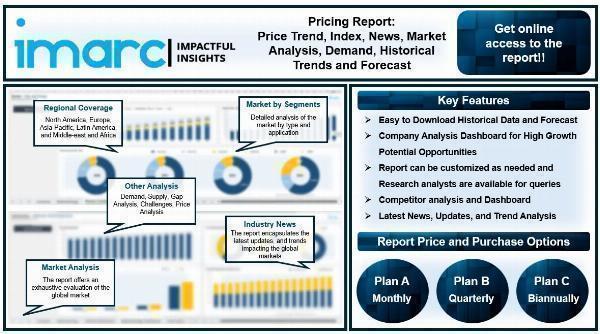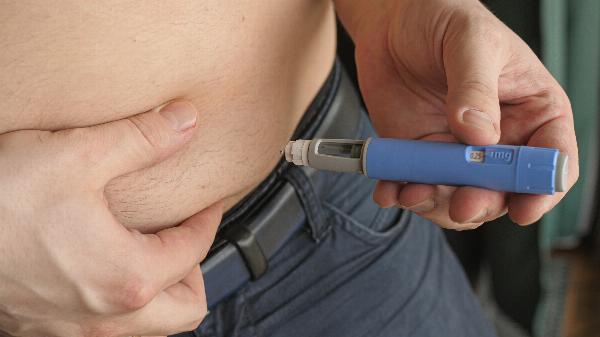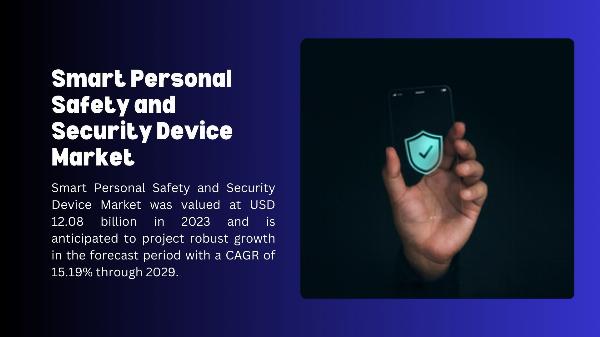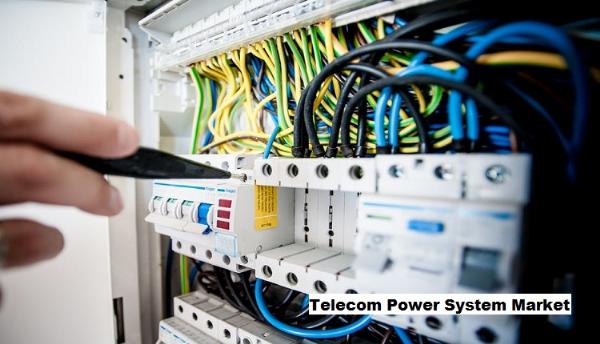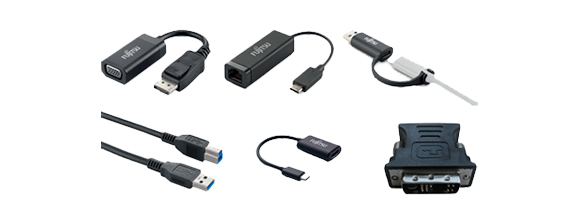The Privacy Implications of the Internet of Things: How Connected Devices Can Track You Without Your Knowledge
The Internet of Things (IoT) has transformed our daily lives, with smart homes becoming a common sight in many households. From smart thermostats to voice-activated assistants, these devices promise convenience and efficiency. However, as we embrace these technological advancements, it's essential to consider the potential privacy risks they pose.
In recent years, the use of IoT devices in criminal investigations has highlighted the potential for these devices to compromise personal privacy. For instance, in the Alex Murdaugh case, Bubba, Maggie's yellow Labrador retriever, a 2021 Chevy Suburban, and the family's cellphones all played a crucial role in convicting him. These devices provided data that helped place Alex at the crime scene and track his movements. While the focus was on solving a murder, the same technology can affect people's privacy in ways that should give everyone pause.
The IoT includes any object or device that automatically sends and receives data via the internet. These devices collect information from different contexts, such as your fridge tracking who opens it or your smartwatch monitoring your heart rate and sleep patterns. In the past, such data would have been collected in a controlled setting by highly trained professionals. Now, these devices collect and share data continuously, making it easier for advertisers and other third-party entities to access and use this information.
One of the major privacy risks associated with IoT devices is the lack of control over who sees the data they collect. For example, Amazon recently removed the "Do Not Send Voice Recordings" option from its smart speaker, Alexa's privacy settings. This means that your voice recordings can be sent to third-party entities without your consent. Moreover, some IoT device providers participate in data markets, selling your data to the highest bidder, including government agencies, which can purchase or access IoT records without needing a warrant.
Smart homes are another example of how IoT devices can compromise privacy. Modern smart homes incorporate data from external sources such as GPS and infotainment systems that connect to cellphones. All of this data can be used to track the whereabouts and behavior of residents and visitors. If you and I are in separate smart homes on the same street, my smart home is collecting information about you, and if my devices are connected, then data about you is being shared with other smart homes and companies.
The structured way in which IoT devices generate data also means that what data collectors learn about me from my connected device may also give them insights about someone else in a similar situation. For instance, smart meters that share information with the water utility every 15 minutes can reveal potentially private information about similarly situated people in a neighborhood with a narrow range of house and yard sizes.
As we continue to rely on these devices, it's crucial to be aware of the potential impact on our privacy and take steps to protect ourselves from unwanted data collection and use. One way to potentially protect people's privacy is to ensure that people and communities observed by connected devices have a direct say in what data the devices collect and how the data is used. This could involve implementing mandatory opt-out options for users and setting clear standards for cybersecurity protections for IoT devices.
In conclusion, while IoT devices have made our lives more convenient, they also pose significant privacy risks that should not be ignored. As we embrace these technological advancements, it's important to be mindful of the potential impact on our privacy and take steps to protect ourselves from unwanted data collection and use.
This insightful article highlights the alarming extent of individual tracking enabled by IoT devices, urgently calling for awareness and security measures to safeguard our privacy in an increasingly connected world.
This insightful article illuminates the ubiquitous threat that IoTdevices pose to our privacy, revealing how they can track us stealthily without any of ours conscious knowledge. It's a wake-up call for all users emphasizing caution and secure practices.





